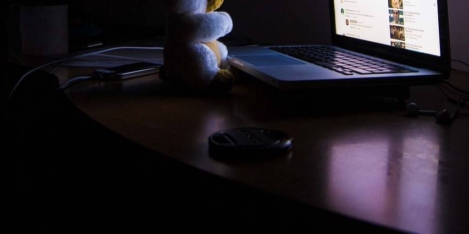May 23, 2018
Employers needs to do more to support working families
 Tackling unsupportive workplace cultures is crucial in helping parents achieve a better work life balance, according to a new study from lobby groups Working Families and Bright Horizons. The 2018 Modern Families Index: how employers can support the UK’s working families, published by work life balance charity Working Families and Bright Horizons, claims to expose the limitations of policies like flexible working, whilst unsupportive workplace cultures remain in place. Many parents feel compelled to work far beyond their contracted hours to meet managers’ expectations and to progress in their careers, according to the report. When parents were asked how they felt about their employer in terms of work-life balance, over a third (34 percent) of parents said they felt resentful, with more fathers than mothers agreeing (37 percent vs. 32 percent). Millennials were the most resentful; 46 percent of millennial fathers felt resentful, the highest proportion of any group of parents.
Tackling unsupportive workplace cultures is crucial in helping parents achieve a better work life balance, according to a new study from lobby groups Working Families and Bright Horizons. The 2018 Modern Families Index: how employers can support the UK’s working families, published by work life balance charity Working Families and Bright Horizons, claims to expose the limitations of policies like flexible working, whilst unsupportive workplace cultures remain in place. Many parents feel compelled to work far beyond their contracted hours to meet managers’ expectations and to progress in their careers, according to the report. When parents were asked how they felt about their employer in terms of work-life balance, over a third (34 percent) of parents said they felt resentful, with more fathers than mothers agreeing (37 percent vs. 32 percent). Millennials were the most resentful; 46 percent of millennial fathers felt resentful, the highest proportion of any group of parents.
































May 17, 2018
What exactly is driving the global workplace conversation?
by Andrew Mawson • Comment, Facilities management, Workplace design
(more…)